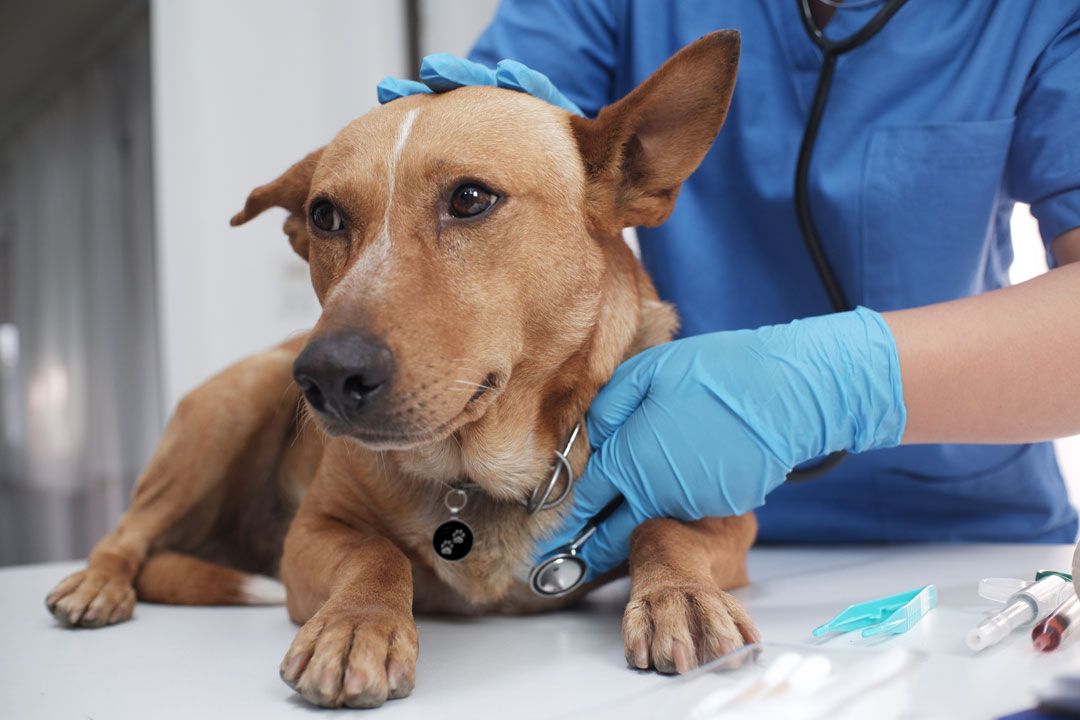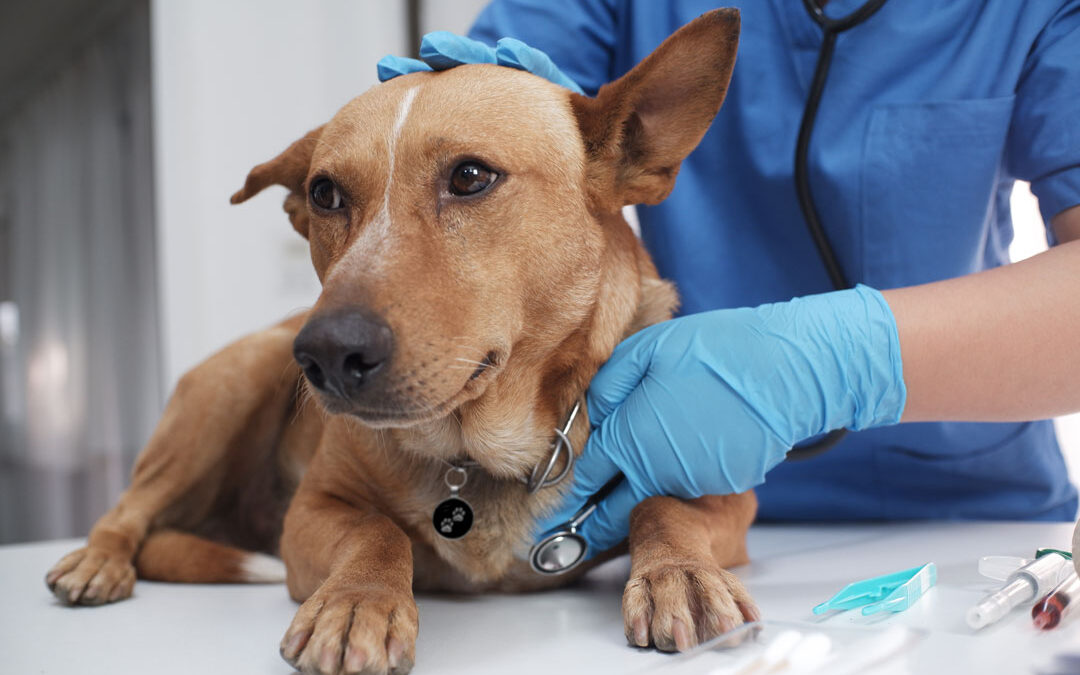
There are many causes of infectious respiratory diseases that affect dogs in the United States. Collectively they are referred to as Canine Infectious Respiratory Disease Complex- CIRDC. This includes organisms like Bordetella, canine respiratory coronavirus, canine pneumovirus, canine influenza Streptococcus and Mycoplasma. Additionally there could be respiratory diseases that have yet to be identified. There has been a lot of vague reporting in the news about respiratory disease in dogs recently but what does it really mean. The signs of illness are similar in presentation and yes, some dogs get sicker than others and some die from disease. We see a lot of respiratory disease in dogs all the time. Cases peak during times of peak travel, usually when school is out and around the holidays when more dogs attend boarding kennels. I’m not really sure if these cases are any different from what we see on a regular bases during normal conditions. Could it be a bacteria or virus that have not been previously identified- sure. Is diagnosis or treatment any different? Not yet.

Mycoplasma Species
What can you do?
If you are boarding your dog be sure that your pet is appropriately vaccinated. This includes distemper, parvo, rabies, bordetella and influenza. If your pet is showing signs of illness seek medical care ASAP.
Testing is important to identify illness and start appropriate treatment early. This includes things like respiratory PRC testing and x-rays. Some dogs will need more supportive care than others and depending on other individual factors (additional illness, age, etc) some cases may be fatal.
Infectious respiratory disease is not necessarily new but just like with other forms of illness it does not affect every patient the same. The best thing to do is to have your pet checked early and follow all the instructions of your veterinarian. Keep in mind that there is no “once size fits all” treatment and if you dog is not improving you should communicate that with your veterinarian.
Infectious respiratory disease is here to stay. So take all the precautions you can and if your pet becomes ill seek care. Social media is a blessing and a curse. It is a great way to connect and share information but there is no controlling the message. The bottom line is we do not know if this is any better or worse than the baseline level of illness. This could be that there is no surveillance or central reporting abilities. Additionally, of all the coughing dogs that presented to their veterinarian how many of the were ill due to infectious respiratory disease vs. heart disease, cancer, inflammatory lung disease, parasites, etc. There are many reasons a dog can cough and not all of them are contagious.
We cannot completely rule out that this is an outbreak but we definitely need more information and through testing of affected animals to know what we are dealing with.



